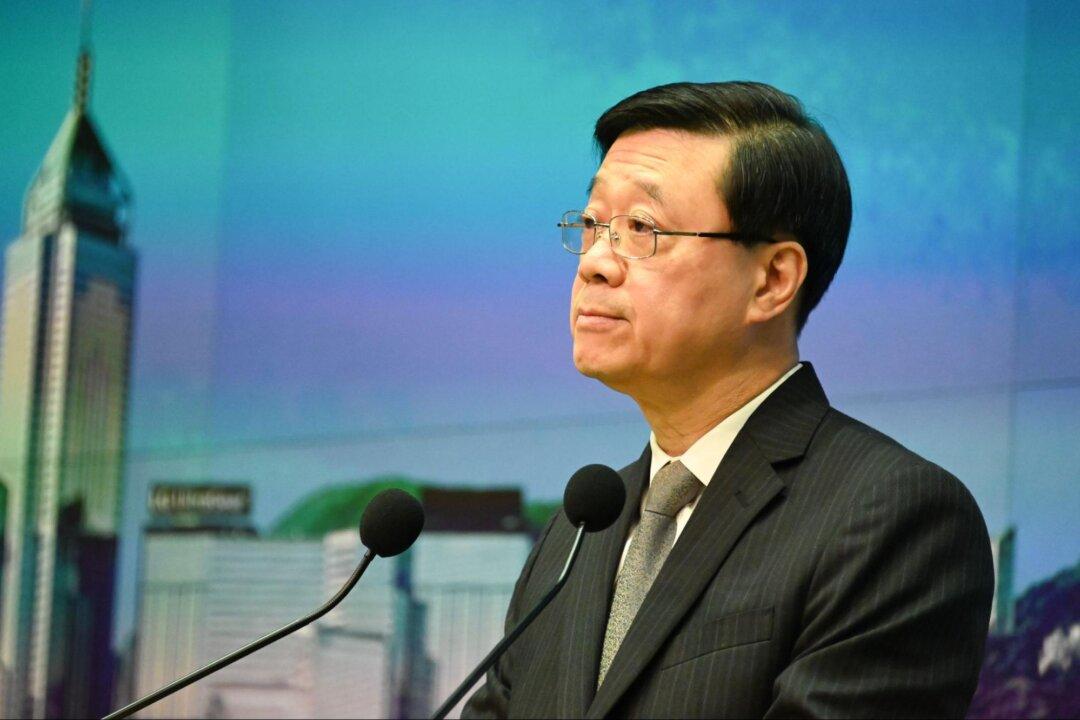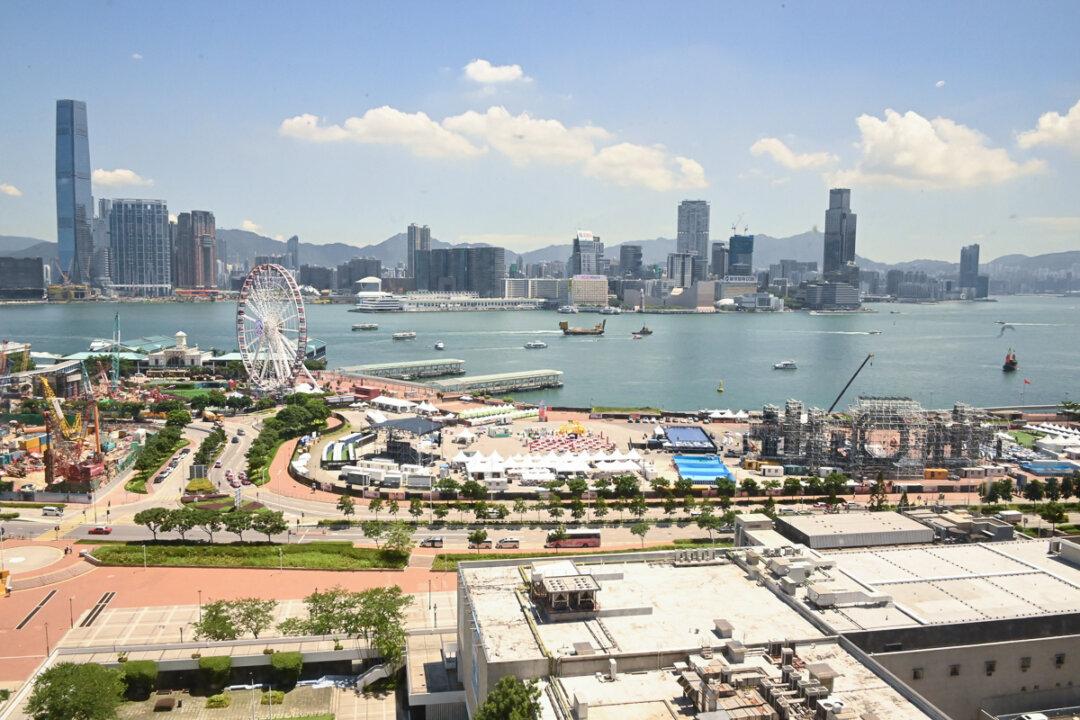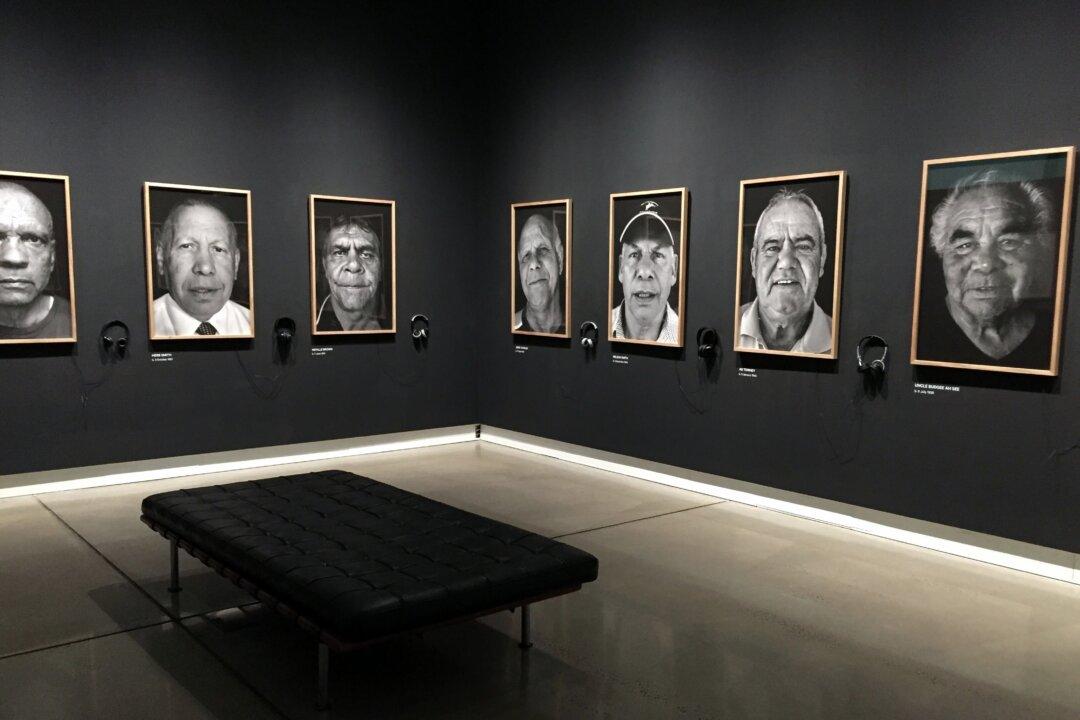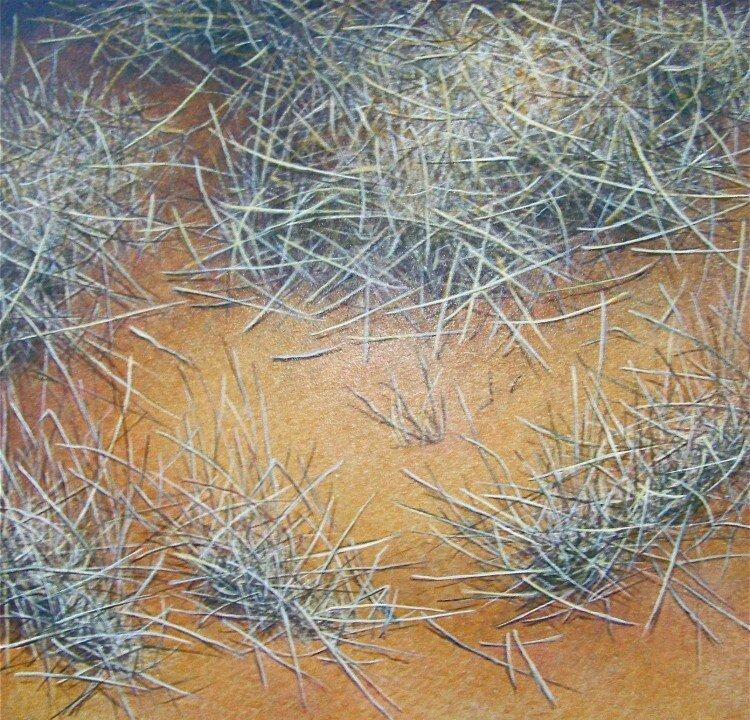The Hong Kong Public Opinion Research Institute (HKPORI) released results from their latest poll of the HK Government and Chief Executive John Lee Ka-chiu last week. Mr. Lee’s support fell below 50 points for the first time since he took office.
16 Percent Voted Zero Points in Popularity Poll For John Lee
From July 11 to 21, the HKPORI staff interviewed a random sample of 1,004 Hong Kong residents by telephone. According to the survey result, in the “Rating of Chief Executive John Lee,” where the respondents are asked to rate their support of Mr. Lee Ka-chiu on a scale of 1-100, the average score was 49.7, falling below 50 for the first time since Mr. Lee became the chief executive, and with 16 percent of respondents giving him a score of zero. The score last month was 51.5, and in May, it was 56.9.In a separate “Hypothetical Voting Results for John Lee as the Chief Executive” section, Mr. Lee’s popularity rose from last month’s net value of negative 0.7 percent to positive 21.4 percent.




